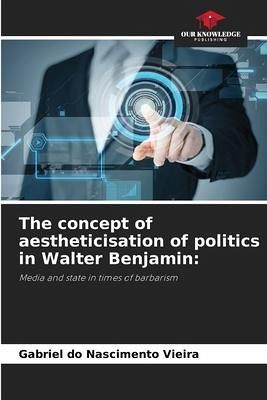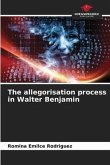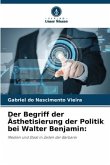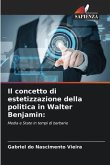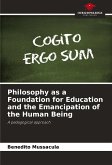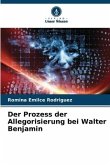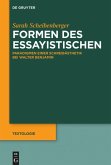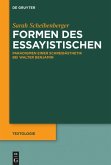This book situates his reflections with greater emphasis on the second period of Walter Benjamin's philosophical trajectory, a phase in which his writings place themselves more incisively at the service of political engagement. We seek to highlight the path of his analysis of the aestheticisation of politics and the politicisation of art in his aesthetic theory. The intention is not to be satisfied only with the scandals that the aestheticisation of politics and life have caused in industrialised capitalist countries, but to glimpse the possibilities of emancipation of individuals. The path followed involves a reflection on the philosophy of W. Benjamin and an analysis of the process of destruction of the aura of the arts described in his essay The Work of Art in the Age of Its Technical Reproducibility of 1936. Living in a time where the barbarism of war and political totalitarianism reigns, Walter Benjamin seeks to print, in his analysis, a dialectical perspective in order to arouse a revolutionary intervention of the politicised masses through cinema and epic theatre and widely reproduced avant-garde art. It also aims to demonstrate the prevalence of the aestheticisation of politics anchored in the strong interference of the media.
Bitte wählen Sie Ihr Anliegen aus.
Rechnungen
Retourenschein anfordern
Bestellstatus
Storno

